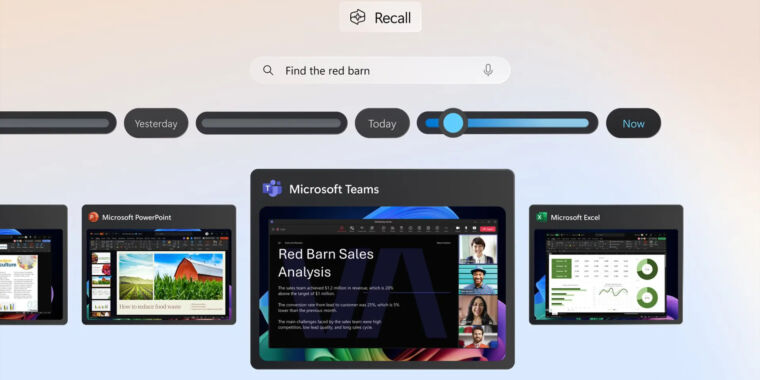I’ve never broken a plastic ice cube tray twisting it. There are plenty of plastic trays on Amazon.
I have tried a silicone one once and didn’t like it, as it took more doing to get the ice cubes out than the plastic tray, where they tend to all readily slide out after the tray’s been given a twist.























Sure, but I think that the type of game is a pretty big input. Existing generative AI isn’t great at portraying a consistent figure in multiple poses and from multiple angles, which is something that many games are going to want to do.
On the other hand, I’ve also played text-oriented interactive fiction where there’s a single illustration for each character. For that, it’d be a good match.
AI-based speech synth isn’t as good as human voice acting, but it’s gotten pretty decent if you don’t need to be able to put lots of emotion into things. It’s not capable of, say, doing Transistor, which relied a lot on the voice acting. But it could be a very good choice to add new material for a character in an old game where the actor may not be around or who may have had their voice change.
I’ve been very impressed with AI upscaling. I think that upscaling textures and other assets probably has a lot of potential to take advantage of higher resolution screens. Maybe one might need a bit of human intervention, but a factor of 2 increase is something that I’ve found that the software can do pretty well without much involvement.